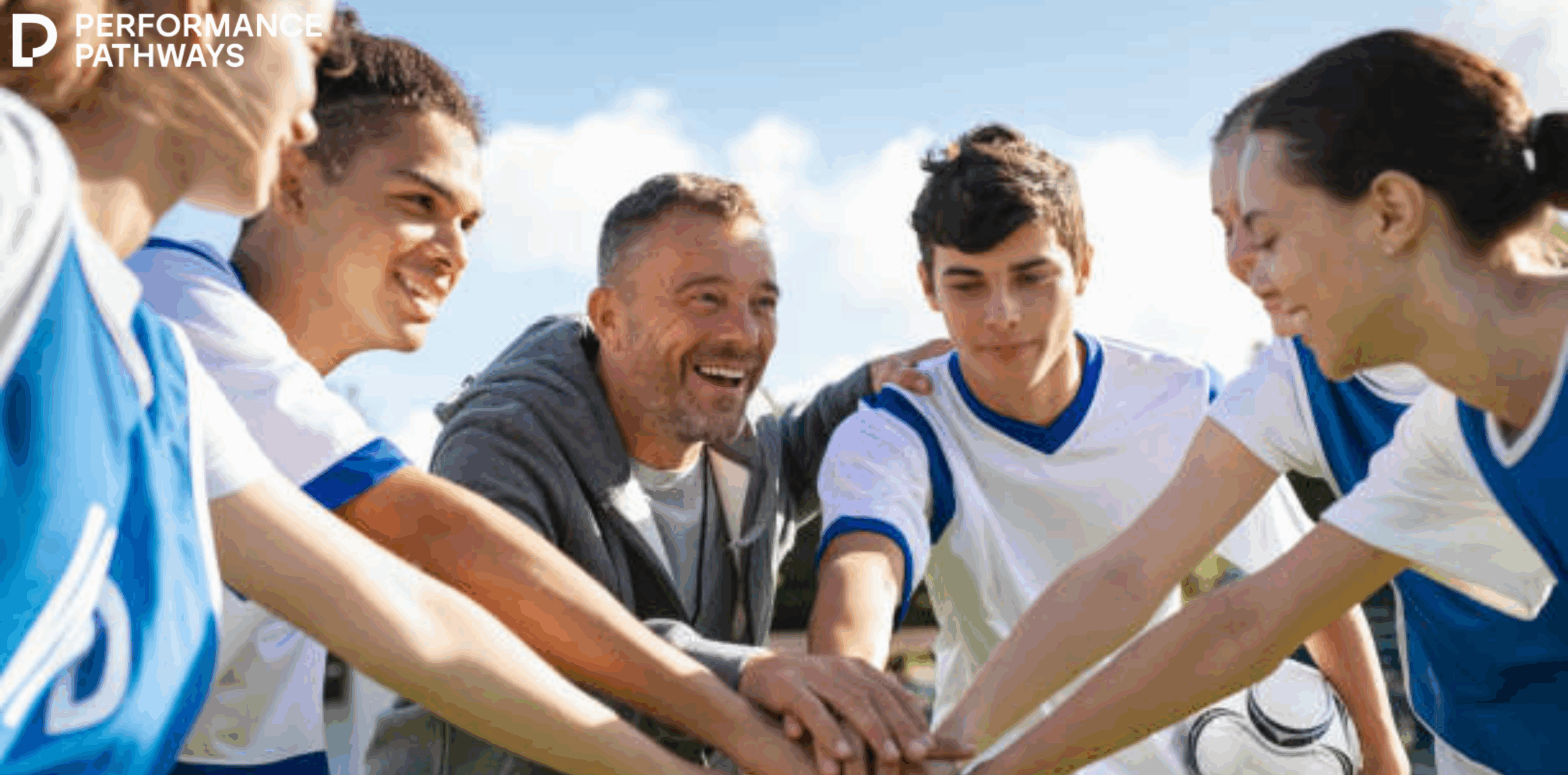In recent times, performance sport has taken a back seat in schools. With issues around engagement in lessons, and the wider problems of obesity and the mental wellbeing crisis in youths, teachers have sought to find new ways to engage students in sport for the health and social benefits, even changing the traditional PE (Physical Education) to PHE (Physical and Health Education) in many schools.
Some schools, particularly those with younger students, even went as far as banning competitive sports altogether, finding it damaging to student self-esteem to put them into direct competition. Instead, each student is rewarded for their participation independent of the result.
Of course, this is not life and, while well-meaning, the data has shown that giving everyone a reward just for turning up doesn’t help to build self-esteem at all. In fact, quite to opposite is true. Those who finished in first place feel under-acknowledged for their triumphs, while those finish further down the field are embarrassed for taking home a reward they haven’t earned. What’s worse is the fact that is exactly the sort of behaviour from our companies that makes us so unhappy and unrewarded in the workplace as adults.
Rewarding for effort though can have a significant effect on self-esteem. All of human happiness is derived from the gradual movement towards a goal, and thus, rewarding our students along every step of their journey is one of the best tools we have for building determination, resilience, and self-confidence. While not everyone can be a champion in sport, or any other endeavour, everyone can improve.
Sport is one of the best options we have for encouraging this process. The skills we learn are explicit. The outcomes are measured. The process is mapped out for us. And when it comes to setting high goals, the sky is the limit.
In order to move constantly towards a goal we need to set a goal that’s slightly out of reach. It needs to be something that we can touch but never quite achieve, and thus, offer us the opportunity to always move one step closer.
— Martin Brockman
This is what a Performance Pathway is all about. It provides the step-by-step approach towards performance that allows our students to pursue their goal and to get better every day, no matter where they are on their journey. It allows them to dream big whilst knowing that it’s what they learn on the journey that’s important. And it allows them to develop the growth mindset that will set them up for long-term success in sport and in life.
For those students who are engaged in sport, it offers an opportunity for them to pursue their dreams and to succeed. For those who aren’t so interested in sport, following a pathway offers them a way to develop their physical and mental capacities and to learn the value of building short-term triumphs for long-term success.
While there can only be one winner, Performance is a subjective matter. This is why the bronze medal winner is often happier than the silver medallist, having “won” a medal, rather than “falling short of the gold”.
This is the true meaning if a Performance Pathway. Aiming for the gold, being delighted with the bronze, and coming out as more well-rounded people for having been on the journey. And hey…somebody has to win the gold, so why not you?
Share this post
Get fresh insights and articles straight to your inbox
By subscribing you agree to our privacy policy.






Comments
You must be signed in to comment
Manos Volikakis
November 18, 2024
Love you article,
17 years running youth sports, with a focus on 6-12 years old and I can’t agree more with what you said.
Kids should be introducing to competition from a young age. With proper approach, support and preparation. Kids can only benefit from that if done the right way.